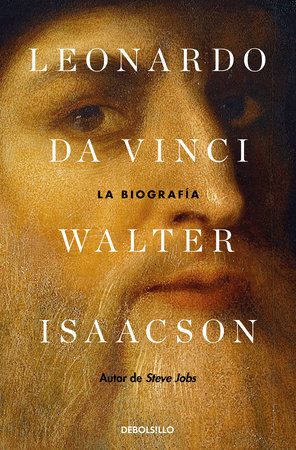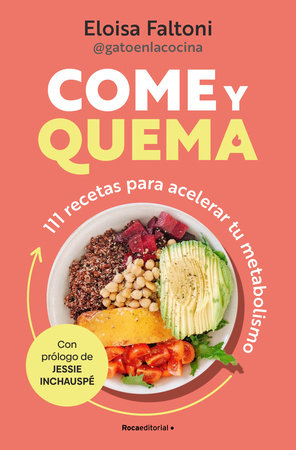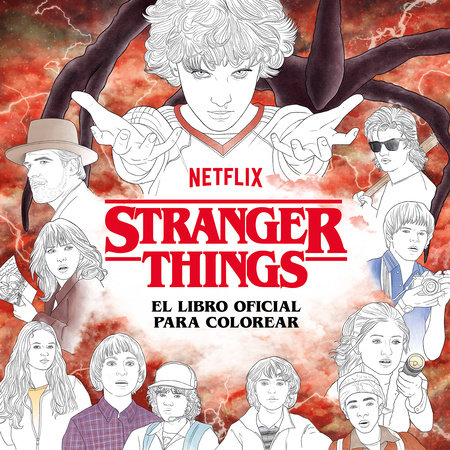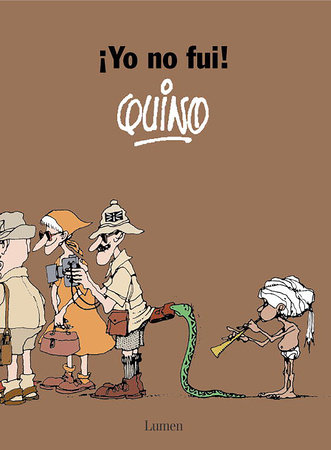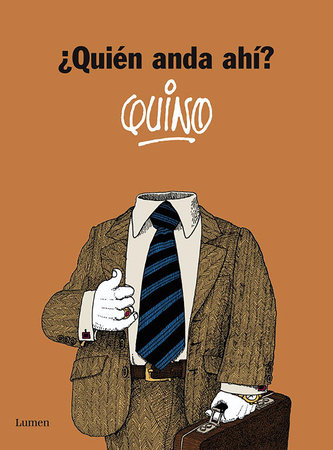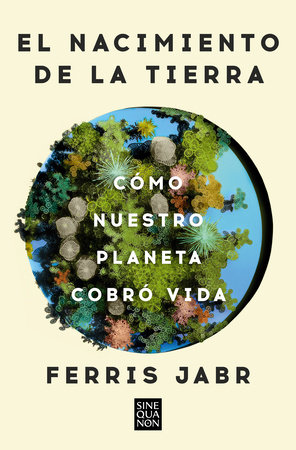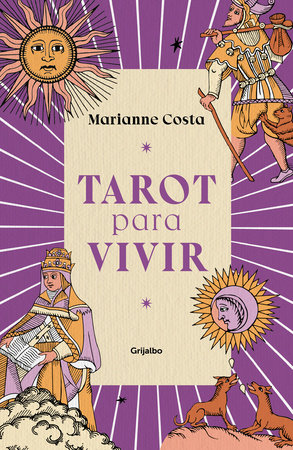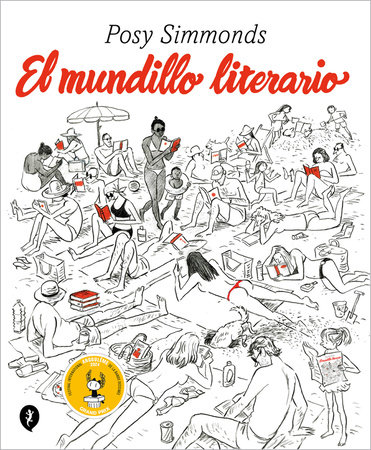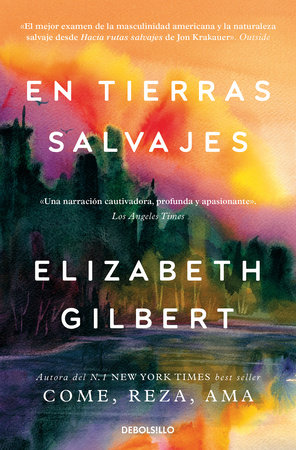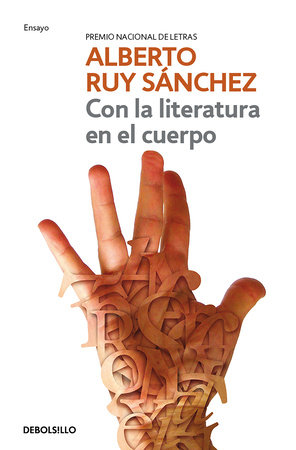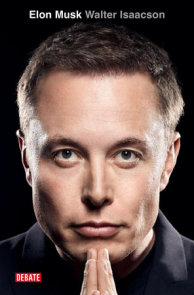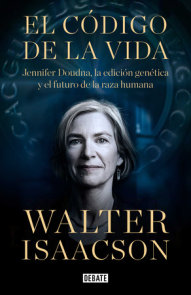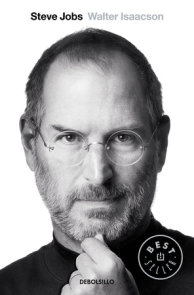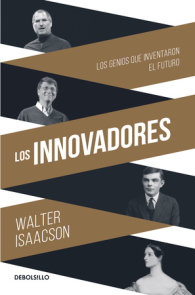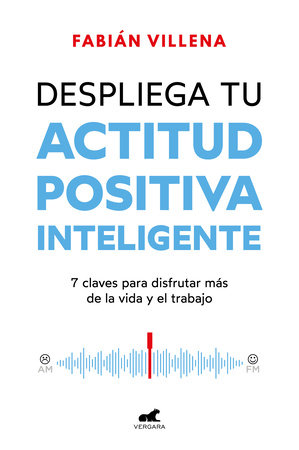El libro que ha inspirado un episodio en PBS Books Readers Club, dirigido por Ken Burns, Sarah Burns, y David McMahon.
El aclamado autor de los best sellers Steve Jobs y Einstein nos vuelve a cautivar con la vida del genio más creativo de la historia en esta fascinante biografía.
Basándose en los miles de páginas de los cuadernos manuscritos de Leonardo y nuevos descubrimientos sobre su vida y su obra, Walter Isaacson teje una narración que conecta el arte de Da Vinci con sus investigaciones científicas, y nos muestra cómo el genio del hombre más visionario de la historia nació de habilidades que todos poseemos y podemos estimular, tales como la curiosidad incansable, la observación cuidadosa y la imaginación juguetona. Su creatividad, como la de todo gran innovador, resultó de la intersección entre la tecnología y las humanidades. Despellejó y estudió el rostro de numerosos cadáveres, dibujó los músculos que configuran el movimiento de los labios y pintó la sonrisa más enigmática de la historia, la de la Mona Lisa. Exploró las leyes de la óptica, demostró como la luz incidía en la córnea y logró producir esa ilusión de profundidad en la Última cena.
La habilidad de Leonardo da Vinci para combinar arte y ciencia -esplendorosamente representada en el Hombre de Vitruvio- continúa siendo la regla de oro de la innovación. La apasionante vida de este gran hombre debe recordarnos la importancia de inculcar el conocimiento, pero sobre todo la voluntad contagiosa de cuestionarlo: ser imaginativos y pensar de manera diferente.
ENGLISH DESCRIPTION
The book that inspired an episode on PBS Books Readers Club, directed by Ken Burns, Sarah Burns, and David McMahon.
The #1 New York Times bestseller from Walter Isaacson brings Leonardo da Vinci to life in this exciting new biography that is “a study in creativity: how to define it, how to achieve it…Most important, it is a powerful story of an exhilarating mind and life” (The New Yorker).
Based on thousands of pages from Leonardo da Vinci’s astonishing notebooks and new discoveries about his life and work, Walter Isaacson “deftly reveals an intimate Leonardo” (San Francisco Chronicle) in a narrative that connects his art to his science. He shows how Leonardo’s genius was based on skills we can improve in ourselves, such as passionate curiosity, careful observation, and an imagination so playful that it flirted with fantasy.
He produced the two most famous paintings in history, The Last Supper and the Mona Lisa. With a passion that sometimes became obsessive, he pursued innovative studies of anatomy, fossils, birds, the heart, flying machines, botany, geology, and weaponry. He explored the math of optics, showed how light rays strike the cornea, and produced illusions of changing perspectives in The Last Supper. His ability to stand at the crossroads of the humanities and the sciences, made iconic by his drawing of Vitruvian Man, made him history’s most creative genius.
In the “luminous” (Daily Beast) Leonardo da Vinci, Isaacson describes how Leonardo’s delight at combining diverse passions remains the ultimate recipe for creativity. So, too, does his ease at being a bit of a misfit: illegitimate, gay, vegetarian, left-handed, easily distracted, and at times heretical. His life should remind us of the importance to be imaginative and, like talented rebels in any era, to think different. Here, da Vinci “comes to life in all his remarkable brilliance and oddity in Walter Isaacson’s ambitious new biography…a vigorous, insightful portrait” (The Washington Post).
